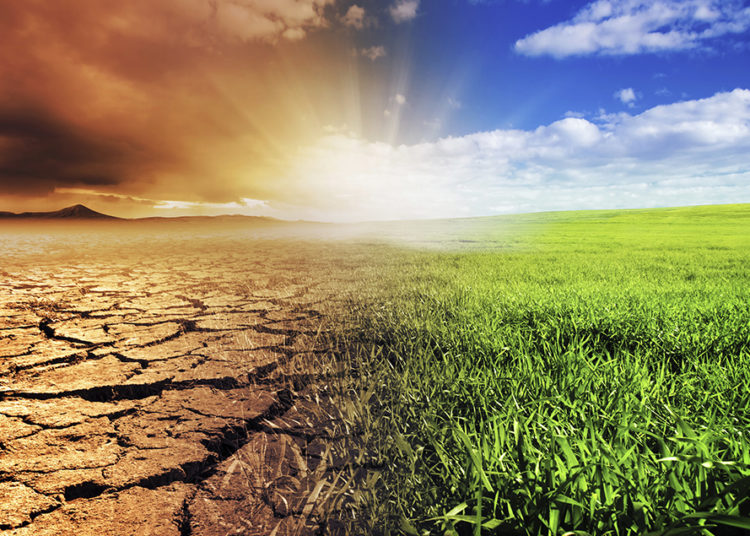A report released by the Africa/Europe Foundation has indicated that about 21 million people may die as a result of climate change.
It was gathered that the health impacts of climate are hitting the most vulnerable communities the hardest with extreme heat spreading infectious diseases, and food and water insecurity pose serious health risks.
The report said over 3.3 billion people in the world already live in highly vulnerable areas with one high estimate suggests that climate change could lead to at least 21 million additional deaths by 2050 from just five health risks.
The report called for urgent locally led solutions to bridge the world’s climate and health gaps.
The Collective Minds Climate x Health Council, led by Foundation S and the Africa-Europe Foundation published the report, titled, “From Risk to Resilience: Unlocking Climate and Health Finance for Local Health Adaptation.”
The report serves as a blueprint for action for world leaders coming out of the UN Summit of the Future, held on 22-23 September, to accelerate sustainable development goals by bridging siloes in climate and health.
Despite the urgency, financing for locally led health adaptation remains inadequate. Current funding for climate adaptation stands at only $21 billion annually – 15 times less than the estimated need of $387 billion. Health adaptation in particular, is neglected with 0.5% of multilateral climate funding directed towards human health and only 10% of global climate finance reaching local levels.
The report said local actors are crucial in driving adaptation efforts, given their deep understanding of local climate-related health risks and their ability to tailor solutions to community needs.
To address challenges, the report identifies three priorities to overcome barriers and fast-track flexible finance for locally led health adaptation.
The report complements the release of a new research survey commissioned by Foundation S, Sanofi’s philanthropic organisation, revealing that health impacts of climate change are at the top of citizens’ concerns – 9 in 10 respondents from Brazil, France, India, Kenya and the US believe that more investment is needed to protect people from these effects.





